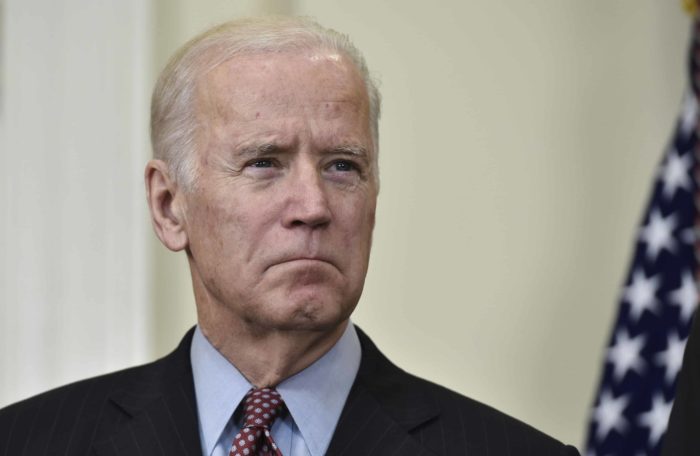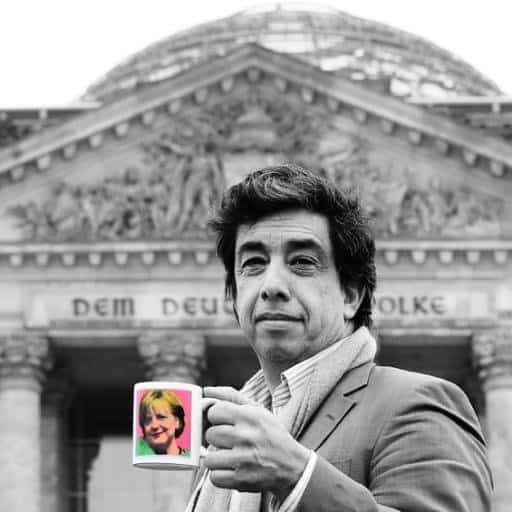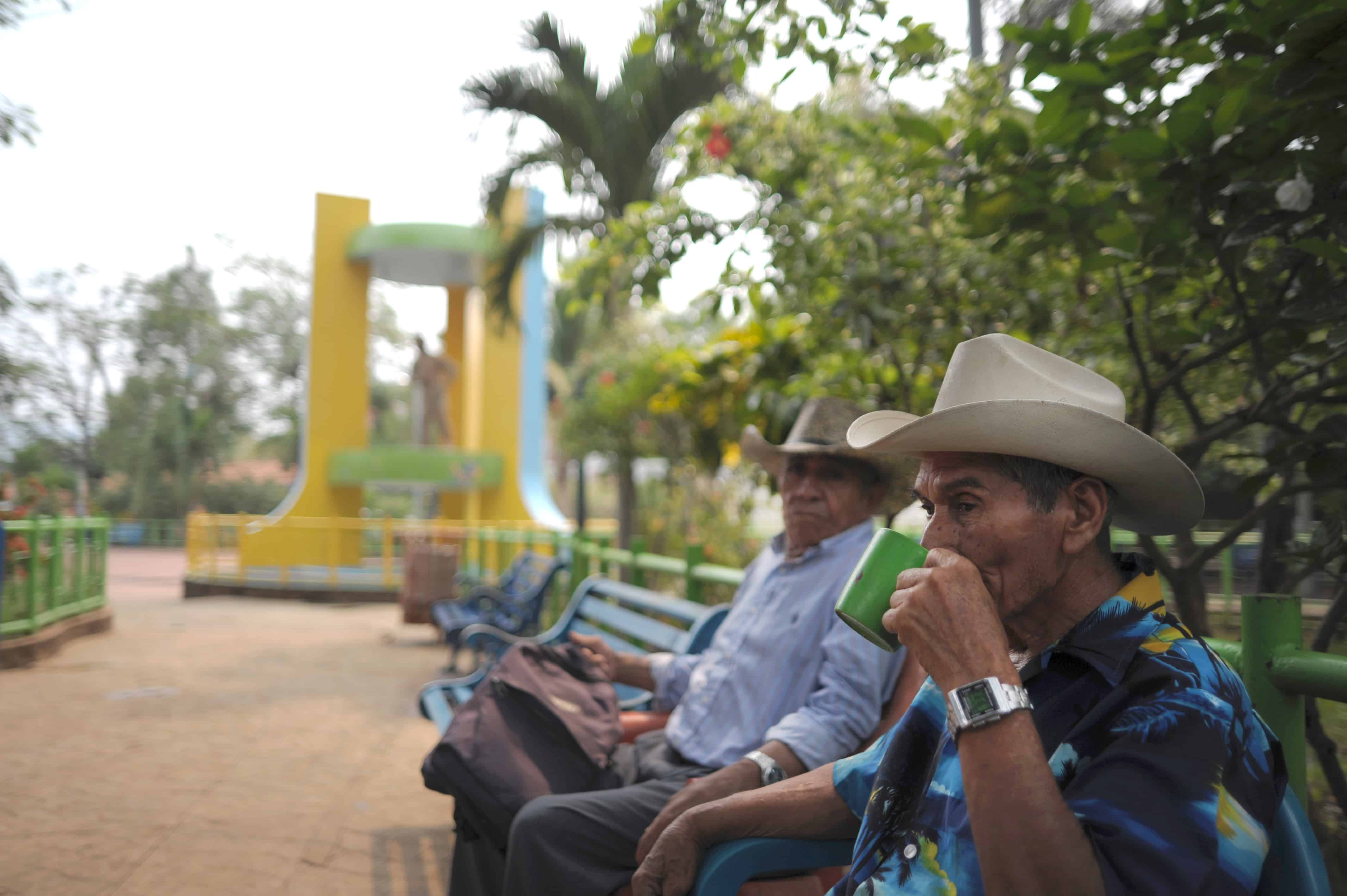U.S. Vice President Joe Biden will meet in Washington Wednesday with the presidents of El Salvador, Honduras and Guatemala to work on the Alliance for Prosperity that supports the three coffee-producing Central American nations in crisis.
Part of their crisis is due to the exploitative business model of the coffee industry, which is evident even in the coffee served at the White House: Less than ¢1 per cup of coffee at the White House helps eradicate poverty in the coffee lands where it is produced, while the industry generates tens of billions in added value profits and taxes for the United States.
Neither the coffee plantations nor most of the workers or their families are insured. Most of the workers live in poverty or in extreme poverty.
An exception to the less than ¢1 per cup of coffee is when the coffee at the White House comes from Hawaii. The White House pays $35-$45 per pound of Hawaiian coffee while the Central American farmers receive on average less than $1.30 for the fruit of their labor. That’s hardly enough to survive and not enough to lift their families out of poverty.
The reality in the coffee lands is appalling, due to the exploitative business model of the industry, low prices in relation to production costs and the devastating financial sequel of coffee rust and drought still being felt in many coffee communities. According to the Specialty Coffee Association of America, there is hunger in the coffee lands a few months every year. (Read their report here.)

Even if Vice President Joe Biden loves coffee, like many others in the White House who now use Chemex, the ultra cool coffee makers, Biden and the U.S. government do very little to make sure that each coffee consumed in the United States supports their policy to eradicate poverty in rural communities and achieve sustainable development goals.
I believe the only solution is for the United States to work with major coffee companies to insure the farms and farmers that produce what the U.S. imports with comprehensive agricultural insurance, and support a transparent shared-value system that compensates the coffee communities with ¢10 per cup served, as proposed by CAFÉ FOR CHANGE and WeShare.
The present so-called sustainable, fair trade or ethical coffees sold by U.S. and European companies include less than ¢1/3 per cup for the producers – an insignificant amount that perpetuates a kinder, but still cruel, form of “poverty light.” Think about that the next time you are told about fair trade.
It is unacceptable that anyone is poor or extremely poor in the booming coffee industry. Coffee has more than $175 billion in consumption value per year and generates tens of billions of dollars in profits for rich investors, and millions of good jobs in developed nations.
I hope that the Central American presidents brought their own roasted coffee to Washington to demand a transparent shared-value system in order for their struggling citizens to share the wealth their hard work creates for companies in the United States and other developed nations.
If this is the case, a cup of joe with Joe (Biden) could change the course of history in all coffee-producing nations, eradicating poverty and creating a rural middle class in the coffee lands.
Fernando Morales-de la Cruz is founder of CAFÉ FOR CHANGE.







